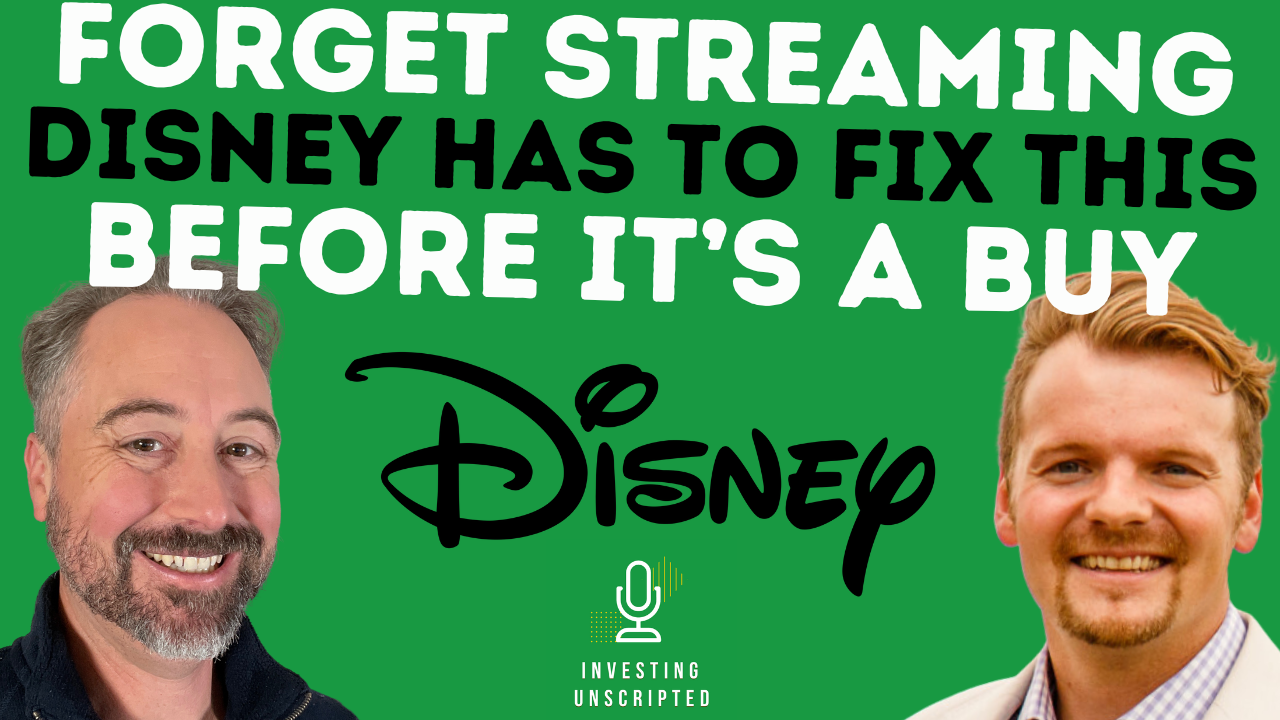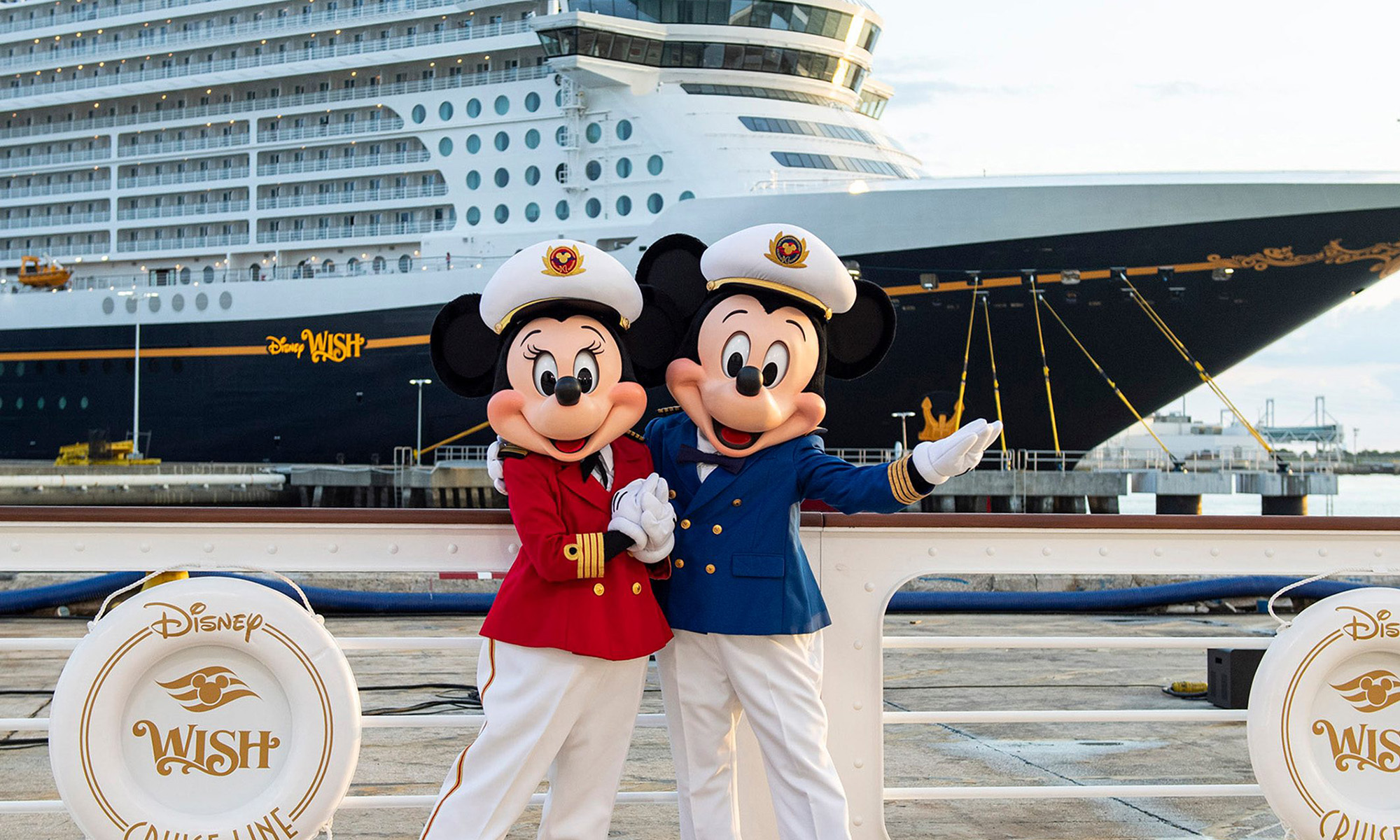Disney's (DIS +1.25%) Disney+ represents the biggest change in the streaming video landscape since Netflix (NFLX +0.23%) invented this space in 2007. After years of Netflix demonstrating the value of owning both the streaming platform and streaming content, Disney decided to take that idea to its logical extreme: With a huge stable of media properties, Disney resolved to start its own streaming service and compete with Netflix. A massive acquisition of Twenty-First Century Fox made Disney's big arrival in streaming all but inevitable, and the fruit of this strategy, Disney+, arrived on Nov. 12.
Media companies have joined tech companies in the streaming space. Disney+ is a subscription video-on-demand (SVOD) service like Netflix. Like Netflix (and unlike Disney's other streaming service, Hulu), Disney+ is ad-free by default -- or, at least, that's how it's supposed to be. But there are exceptions to Disney's ad-free promise, including an advertisement for Starz on a post-signup screen within Disney+'s Android and in-browser apps. The unexpected ad is a result of negotiations between Starz and Disney, and it's an instructive reminder of how important content is to Disney's strategy.

Image source: Getty Images.
Why Disney needed to negotiate with Starz
Disney has had Disney+ in mind for some time. The big acquisition of Twenty-First Century Fox was streaming focused from the start, and Disney has been hyping its new streaming service for months ahead of this month's launch. Disney has presumably been careful with streaming rights for its content ever since Disney+ became a part of the company's future, but that doesn't mean that all Disney movies are safely reserved for the service that Disney calls their "forever home." While Disney promises that all of its content -- including Star Wars, Pixar, and Marvel Studios films -- will come to Disney+ eventually, there were plenty of flicks still far from home at the time of Disney+'s launch this month. That's because Disney made some streaming deals before Disney+ was a glimmer in an executive's eye. Some of these old agreements look like pretty lousy deals now that Disney+ exists.
To be fair, we don't know every detail of these deals. Only Disney and its partners know the full story of each one. For instance, we know that Disney has a deal in place with Netflix that predated Disney+ and which will, somewhat embarrassingly for Disney, send some recent Disney film hits to Netflix for six years -- but we don't know what kind of money is changing hands or even which movies are leaving Disney for Netflix. We can safely assume that Disney would prefer to have its films stay home, though: Either Netflix is not open to renegotiation or the two companies simply can't agree to terms. That's not too strange, given the rivalry that now exists between the two and the importance of licensed content to Netflix in an increasingly fractured market of streaming services owned by the very companies that used to license content for streaming.
With Starz, though, Disney did manage -- to paraphrase Darth Vader -- to "alter the deal."
Altering the deal
Like Netflix, Starz was holding a contract that would allow the service to stream Disney-owned films -- including, reportedly, Star Wars: The Force Awakens. That would have been a major omission for Disney+, given the popularity of Star Wars and the prominent place that Disney has given Star Wars (along with Marvel Studios and Pixar) in Disney+'s app and in Disney+ marketing. So Disney renegotiated the deal, and that's how we find ourselves here, with a Starz ad spot in the supposedly ad-free Disney+ app.
It's a testament to the importance of Disney's content (and of Star Wars in particular) that Disney was willing to appear to break a promise of no advertisements as part of a deal to recover streaming rights to The Force Awakens. And perhaps it's a testament to Disney+'s popularity and hype that Starz would want an advertisement following a sign-up page rather than cash or other considerations (though, of course, Starz might have gotten some of that, too -- we don't know every detail of the deal, which also covers licensing rights for other films). For Disney, it's a costly reminder of the importance of long-term thinking.
This isn't the last time Disney+ will have to deal with missing titles. Star Wars: The Last Jedi is stuck on Netflix until the end of this year when a contract with Netflix will reportedly expire. Some Marvel Studios films are tied up in legacy deals, too, as is Solo: A Star Wars Story. And then there are the mystery titles headed to Netflix for six years starting sometime soon. Disney's valuable content has a "forever home," but the full family reunion is still a long way off.







